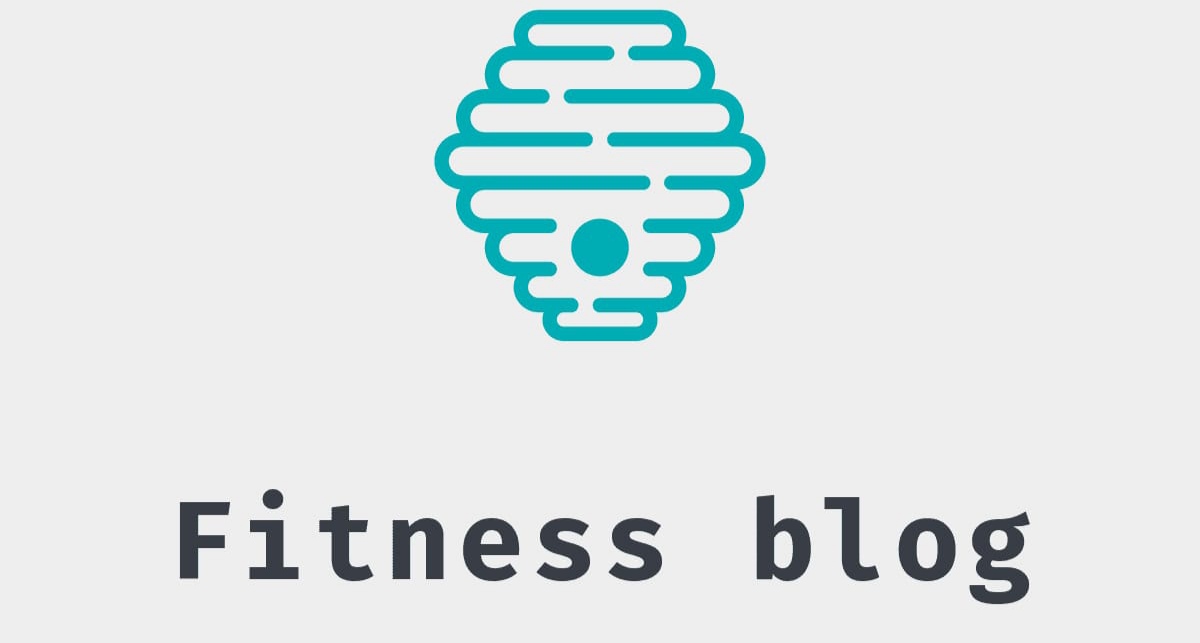I must emphasize that rapid weight loss is not always the healthiest or most sustainable approach. It is generally recommended to aim for gradual and steady weight loss, as extreme or rapid methods can be harmful to your health and may lead to various complications. If you are looking to lose weight, consider the following safer and more sustainable strategies:
Consult a healthcare professional
Before starting any weight loss program, it's essential to consult with a doctor or a registered dietitian to ensure that you are in good health and to receive personalized advice.
You can do this by combining a balanced diet with regular physical activity. However, make sure not to create too large of a calorie deficit, as severe restriction can be harmful.
Balanced diet
Focus on a diet that includes a variety of fruits, vegetables, whole grains, lean proteins, and healthy fats. Minimize processed foods, sugary drinks, and excessive amounts of saturated and trans fats.
Portion control
Be mindful of your portion sizes to avoid overeating, even if you're eating healthy foods.
Regular exercise
Incorporate regular physical activity into your routine. Aim for a mix of cardiovascular exercises (like walking, running, or cycling) and strength training to help build muscle and burn calories.
Find healthy ways to cope with stress, such as exercise, meditation, or spending time with loved ones.
Avoid crash diets or extreme measures that can harm your health in the long run.
Remember, the key to successful and healthy weight loss is making lifestyle changes that you can maintain over time. It's about creating habits that support your overall well-being and not just a short-term fix. If you have specific health conditions or concerns, it's best to work with a healthcare professional who can provide personalized guidance.




